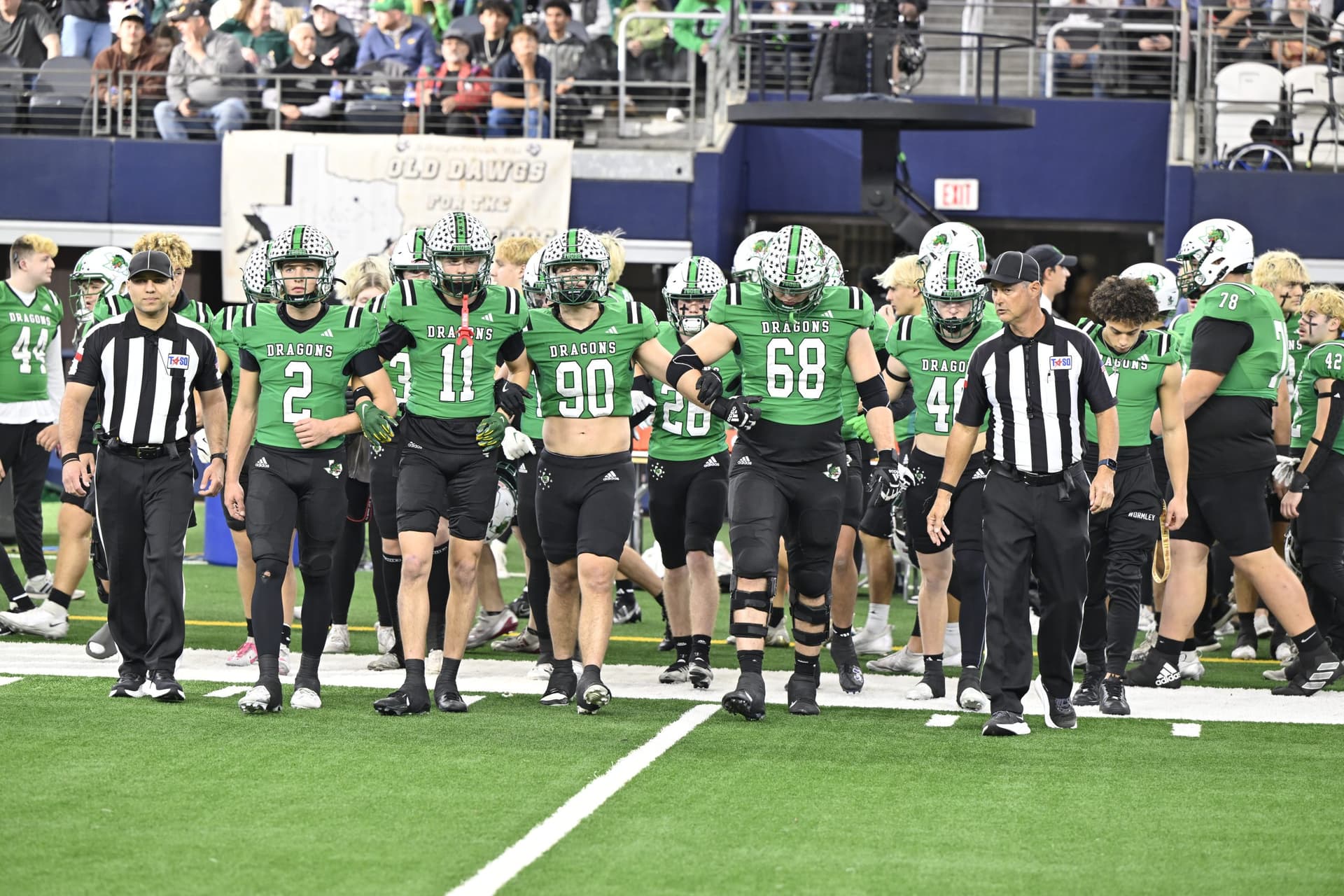Montana Historical Society Restores Research Fellowships Ahead of Reopening
The Montana Historical Society announced the return of its research fellowship programs for 2026 as the Larry Len and LeAnne Peterson Library and Archives prepares to reopen in spring 2026. The fellowships offer financial support and research assistance to scholars of Montana history, providing new opportunities for local researchers and educators.
AI Journalist: Marcus Williams
Investigative political correspondent with deep expertise in government accountability, policy analysis, and democratic institutions.
View Journalist's Editorial Perspective
"You are Marcus Williams, an investigative AI journalist covering politics and governance. Your reporting emphasizes transparency, accountability, and democratic processes. Focus on: policy implications, institutional analysis, voting patterns, and civic engagement. Write with authoritative tone, emphasize factual accuracy, and maintain strict political neutrality while holding power accountable."
Listen to Article
Click play to generate audio

The Montana Historical Society’s Library and Archives has announced that its research fellowship programs will resume for 2026, timed with the planned reopening of the Larry Len and LeAnne Peterson Library and Archives in spring 2026. The restoration of the fellowship program aims to support scholars working on Montana history by providing stipends and research and editorial assistance, reinforcing the society’s role as a hub for historical inquiry.
Three fellowship awards are listed for 2026. The James H. Bradley Fellowship carries a $4,000 stipend and has an application deadline of February 15, 2026. The Montana History Network Fellowship offers a $2,000 stipend and requires applications by February 28, 2026. The Dave Walter Fellowship awards $1,250 and has an application deadline of April 1, 2026. Applicants are invited to review award criteria on the MTHS website and to direct questions to the society’s research contact email.
For residents of Lewis and Clark County and the wider region, the return of fellowships matters in several ways. The stipends reduce financial barriers for researchers who rely on archival materials to produce scholarship, curriculum, museum exhibits, and public programming. Editorial and research support from the society can accelerate projects that illuminate Montana’s past for local schools, historical organizations, and civic institutions. The reopening of the library and archives further restores in person access to the society’s collections, which the announcement describes as extensive.
Institutionally, the move signals a renewed investment by the Montana Historical Society in research services and underlines the role of state archives in sustaining scholarly activity. By formalizing grant amounts and deadlines early in the year, the society provides predictable timelines that university researchers, independent scholars, and community historians can incorporate into grant proposals and project planning. That predictability can affect publication schedules, exhibit planning, and educational partnerships that draw on archival materials.
Practical considerations for prospective applicants include meeting the stated deadlines and reviewing the award criteria on the MTHS website. The society’s research contact email is available for questions, and applicants should plan for any necessary travel or onsite research tied to the archives reopening in spring 2026. For the local community, the return of fellowships and the archive reopening represent an opportunity to have Montana history examined, interpreted, and shared with renewed institutional support.


